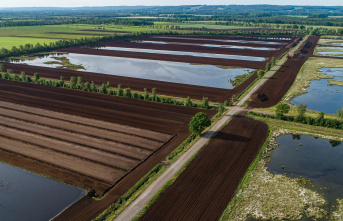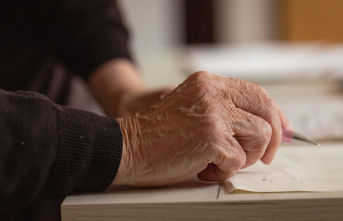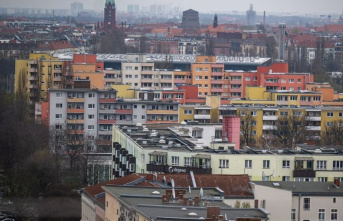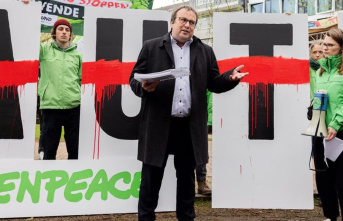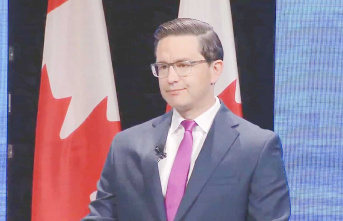It is time to tackle some of the prejudices heard this week when it came to planning choices for our magnificent territory, which is increasingly disfigured by urban sprawl.
Densification is not about piling up families in concrete towers surrounded by parking lots, as Minister Bonnardel implied. There is a smart way to do this.
Quality of life
Do you know what is one of the most densely populated places in Quebec?
The Plateau Mont-Royal!
But in Montreal, there are also Rosemont, Villeray, Côte-des-Neiges and Verdun.
There are lots of green spaces, cycle paths and pedestrian zones. Families want to live there because the quality of life is exceptional. You can do almost everything in less than 15 minutes on foot, by bike or by public transport.
Cultural life is abundant there, precisely because there are so many people.
In Quebec, the Saint-Jean-Baptiste, Montcalm and Limoilou neighborhoods are other examples of healthy densification where the main services are nearby.
Health
Densifying our cities and towns is not only a smart response to the housing crisis and the climate crisis, it also contributes to the health of the population.
When our neighborhood allows us to live without depending on a car, we get more exercise to get around, which is good for our physical health.
Because people have the opportunity to rub shoulders in shared living environments, more social ties are also created that are beneficial to mental health.
When you know your neighbours, you can help each other more easily and share resources: spaces, vehicles, tools, toys, sports equipment, infrastructure, etc. It is both ecological and economical.
It is also interesting to know that the bonds of solidarity that are built at the level of a village or a neighborhood contribute to the resilience of communities.
We may need it in these uncertain times.
1



